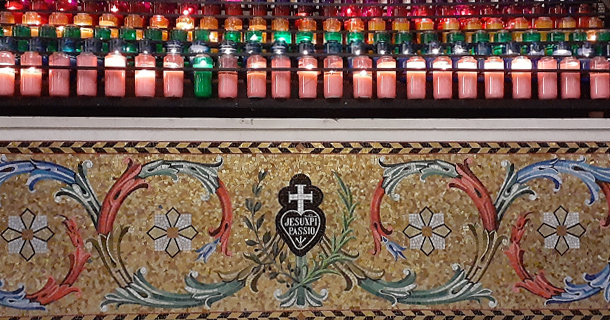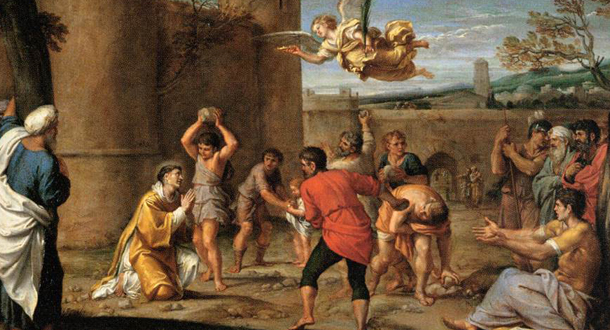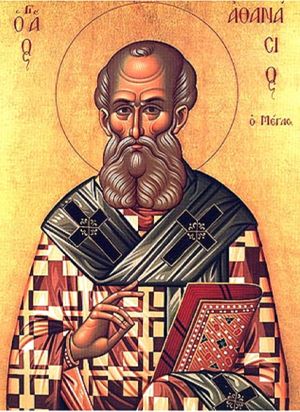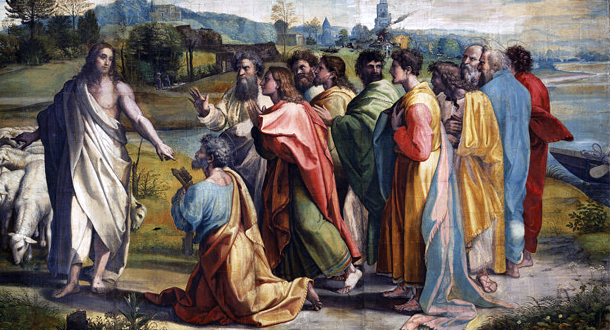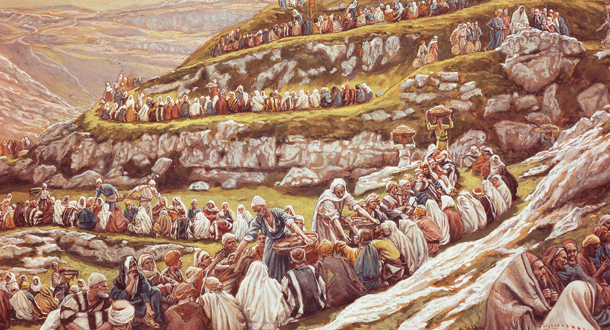
Scripture:
Reflection:
We don’t call it idolatry, but it can be.
In our minds, often in the deep recesses, we each carry concepts of what we long for our lives. These are our plans, our hopes, our ideals, everything that gives us direction and meaning. They shape our daily commitments, our lives’ work and worth.
They include school and career plans, designs for a life partner and a family, hopes for financial security and possessions to ease life’s pains and chaos, respect of our families, friends and communities, enough power over life’s variables to call our own shots and keep threats at bay.
These concepts are endorsed by our cultures, our societies, blessing our efforts with acceptance and applause for achieving certain goals.
Then, out of nowhere, the unexpected happens. A spouse is unfaithful, a child overdoses, the diagnosis is cancer, the rejection letter comes from the ideal university, a toddler is diagnosed with autism, the company sends a pink slip, the mentor dies of a heart attack, a loved one is murdered or permanently disabled by a drunk driver.
The trauma, unplanned and disruptive, derails any loyalty contract we have with our dreams, our ideal life, our carefully mapped out path to happiness. Our idol is knocked off its pedestal.
Such disruption, such discontinuity, can lead some to retreat, to seek comfort in what will never give comfort…drugs, alcohol, gambling, addiction to sex, dominating others, craving more status or possessions, all to fill the hole left by the disappointment, the “failure” experienced when life as we plan it is shattered.
In today’s reading from Acts we learn of a focused, goal-oriented man whose life’s work was assured to be the work of God. He won praise and status among his peers for stamping out this new group of followers of Jesus.
Then, out of the blue, he was literally knocked off his high horse.
Dazed and confused, he retreated to sort out the meaning of the trauma.
In time, by the slow workings of the Spirit, this fanatic of Jewish righteousness grew in his awareness of his new identity to become the man God wanted his to become.
He surrendered, giving his entire self to a whole new set of loyalties. The rest is history…Christianity crossed the barrier of being a Jewish sect to extend its reach to all Gentiles, to become radically all inclusive.
The extraordinary experience of Paul of Tarsus was not unique to him. Sooner or later each of us will experience our own tumbles from our high horses. These moments are Providential. Rather than retreat into depression or a superficial distraction, they are occasions to awaken to a deeper, richer relationship with Christ. We learn, as Paul learned, that God’s love and grace is all we need when we surrender to the new reality God gives us.
And, as John explains in today’s Gospel, our fullness of life is found in our connection to the Body and Blood of Christ. This nourishment gives us life when all is bleak, dark and deadening.
The setback, the giving up what we made too important, our idol, becomes a gift to strengthen our dependence on God, to help us see the path God intends for us, to provide what we need to live solely to do God’s will, God’s plan and God’s goals for us. This transformation is painful. It really hurts. And it demands total self-giving, total humility.
We learn the meaning of our new reality when we pray in silence, which is the language of God.
Jim Wayne is a board member of the Passionist Solidarity Network (PSN), and author of The Unfinished Man. He lives in Louisville, Kentucky.

